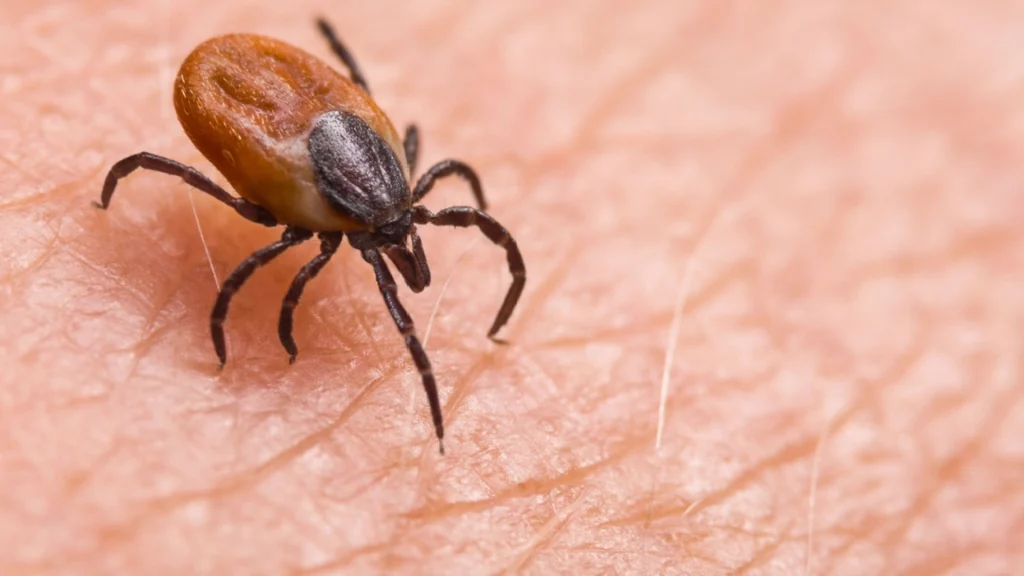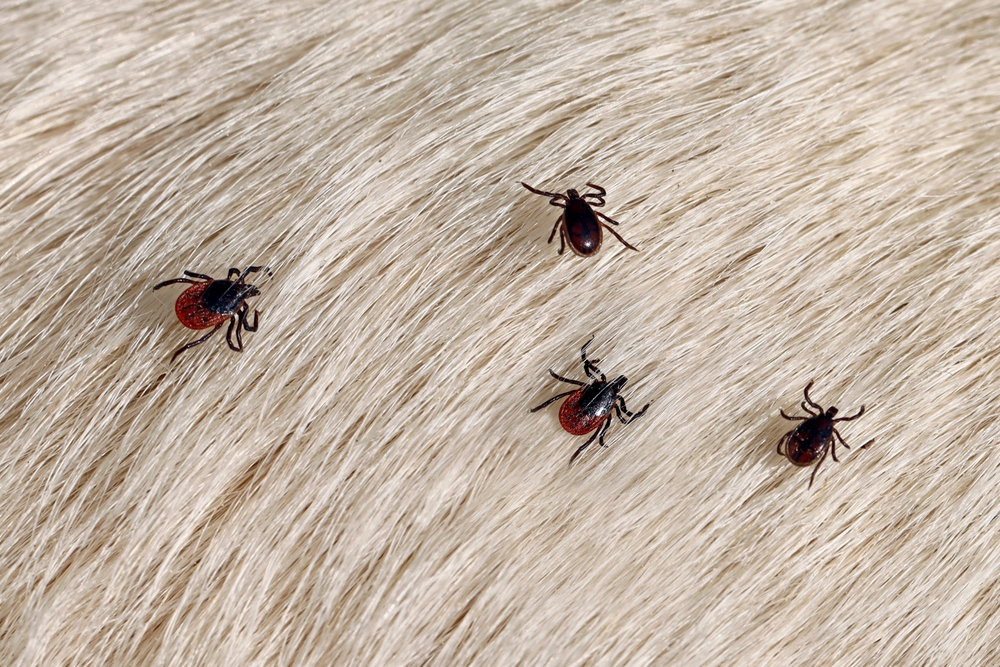As tick populations move further north, awareness and prevention strategies are becoming more important across the U.S.
Others are reading now
A 47-year-old man from New Jersey has become the first known person to die from alpha-gal syndrome, a rare allergy to red meat caused by a tick bite. The case, recently reported by Sky News, has sparked concern over the growing number of Americans diagnosed with the condition, which can be triggered by eating beef, pork, or lamb.
What is alpha-gal syndrome?

Alpha-gal syndrome is an unusual allergic reaction caused by a sugar molecule called alpha-gal, which is found in most mammalian meats.
It’s typically triggered by a bite from the Lone Star tick, commonly found in the eastern and southeastern United States. Once sensitized, a person can have serious allergic reactions after eating red meat.
Symptoms that don’t show up right away

Unlike typical food allergies that cause immediate reactions, alpha-gal syndrome often produces symptoms hours after eating.
These may include hives, stomach pain, nausea, vomiting, diarrhea, breathing difficulties, and swelling of the lips, tongue, or throat—making it much harder to identify and diagnose.
Also read
A healthy man with a hidden risk

The man, a commercial airline pilot, had been on a family trip in 2024 when he ate steak for dinner, a rare choice for him, according to his wife. ‘
That night, around 2 a.m., he woke up with severe abdominal pain, vomiting, and diarrhea. Despite recovering enough to walk five miles the next morning, a delayed immune response was already in motion.
The fatal hamburger

Two weeks later, back home in New Jersey, the man visited a barbecue restaurant and ate a hamburger. Roughly four hours later, he started feeling unwell again. His son later found him unconscious in the bathroom.
Emergency services were called, but despite being taken to the hospital, he was pronounced dead that evening.
Alpha-gal confirmed after death

Doctors ran blood tests and found antibodies indicating alpha-gal syndrome. While the exact trigger couldn’t be confirmed, researchers concluded that the red meat he consumed most likely caused a severe allergic reaction, making this the first documented death from the syndrome.
Also read
The mystery of the bites

The man’s wife recalled that earlier in the summer, he had 12 or 13 bites around his ankles, which they assumed were from mites.
However, researchers say it’s easy to confuse mite bites with tick bites, particularly in the eastern U.S. The timing of the bites aligns with when the allergy could have developed.
A growing health concern in the U.S.

Health officials estimate that more than 100,000 people in the U.S. have developed alpha-gal syndrome since 2010. Most cases are non-fatal but life-altering, requiring people to avoid not just meat, but often products like gelatin or dairy derived from mammals.
Delayed reaction, delayed diagnosis

One of the most dangerous aspects of alpha-gal syndrome is its delayed onset. Many sufferers don’t link their symptoms to something they ate hours earlier, leading to misdiagnoses or delayed treatment.
Doctors may not immediately suspect an allergy if symptoms appear long after a meal.
Also read
Climate and tick migration fueling the spread

Experts believe that climate change and shifting wildlife patterns are expanding the range of the Lone Star tick, increasing the number of people exposed to alpha-gal syndrome.
As tick populations move further north, awareness and prevention strategies are becoming more important across the U.S.
What this case means for public health

This tragic death highlights the need for greater awareness of tick-related illnesses. Alpha-gal syndrome, while still rare, is now known to have fatal potential. Health officials urge people living in or visiting tick-heavy areas to take precautions and consult a doctor if they experience unusual symptoms after eating meat.
The call for more research

Researchers say more studies are urgently needed to understand how tick bites trigger such a complex allergic response.
Improved diagnostic tools, better public education, and clearer clinical guidelines could help doctors detect the condition earlier and prevent more serious cases.
Also read
Precautions and what to watch for

To reduce the risk of alpha-gal syndrome, experts recommend wearing long sleeves and pants in wooded or grassy areas, using insect repellent, and checking for ticks after being outdoors. Anyone who experiences delayed allergic reactions after eating red meat should speak to an allergist and ask about alpha-gal testing.


